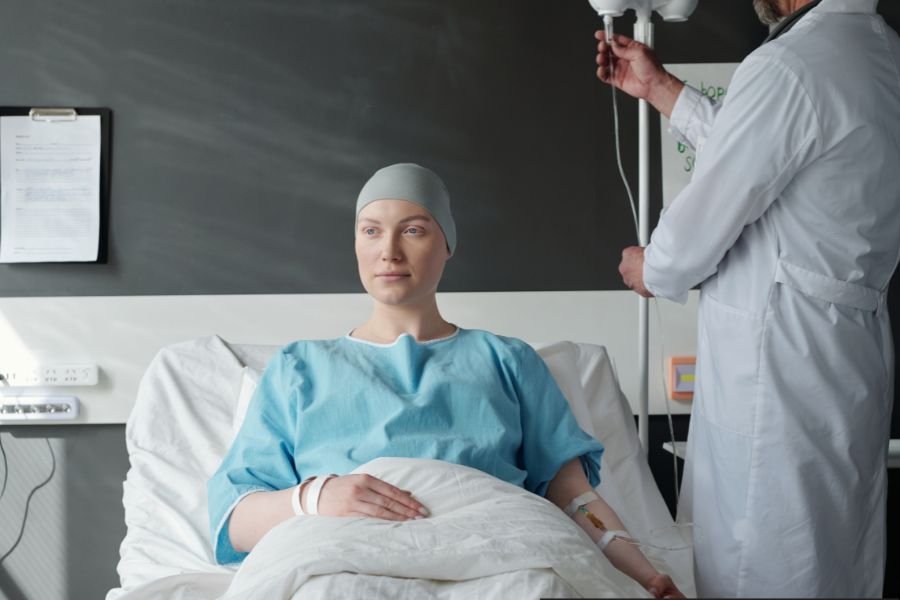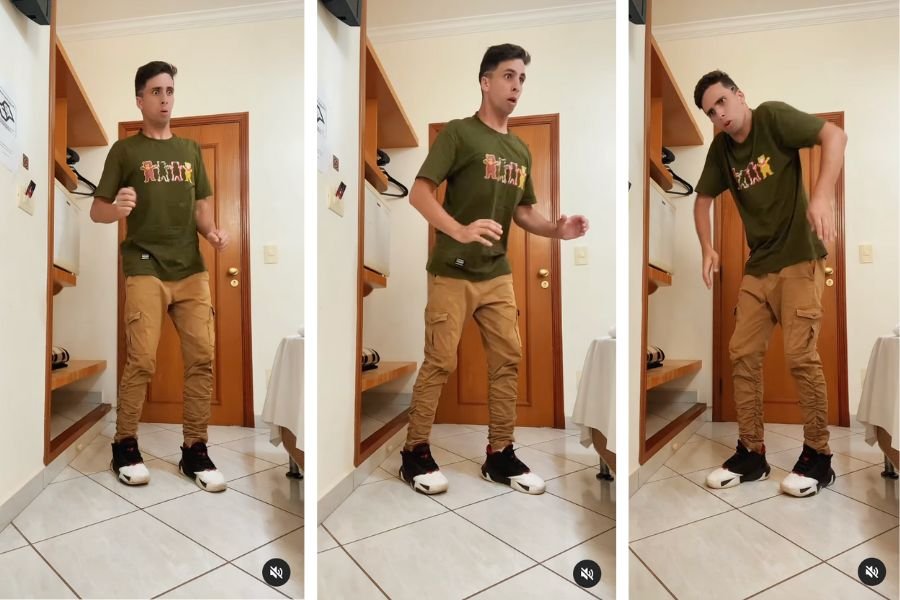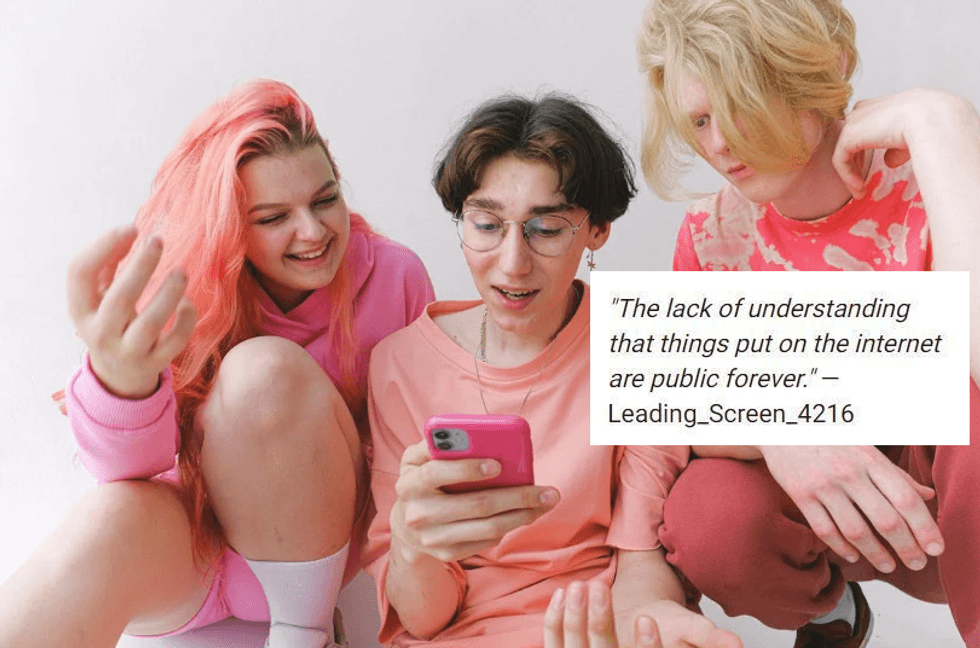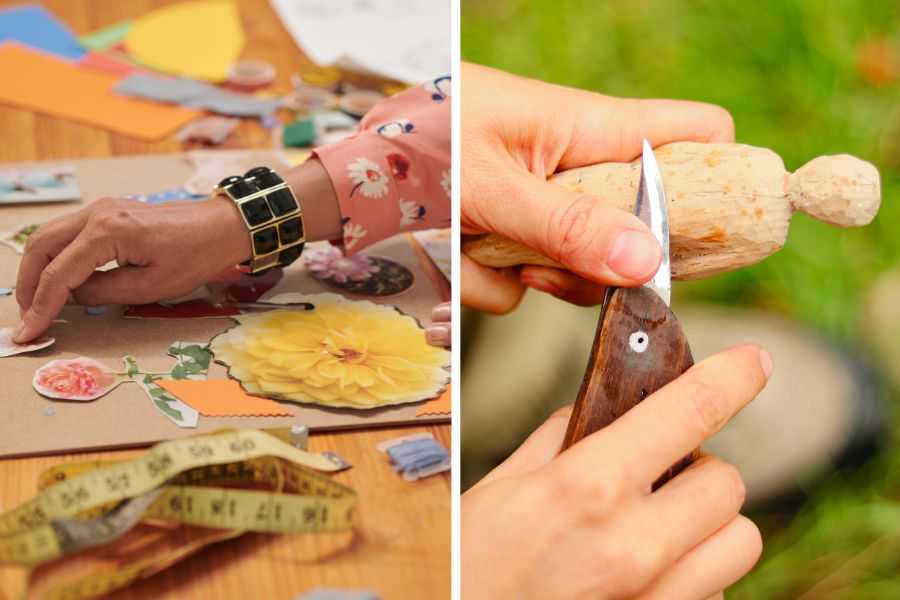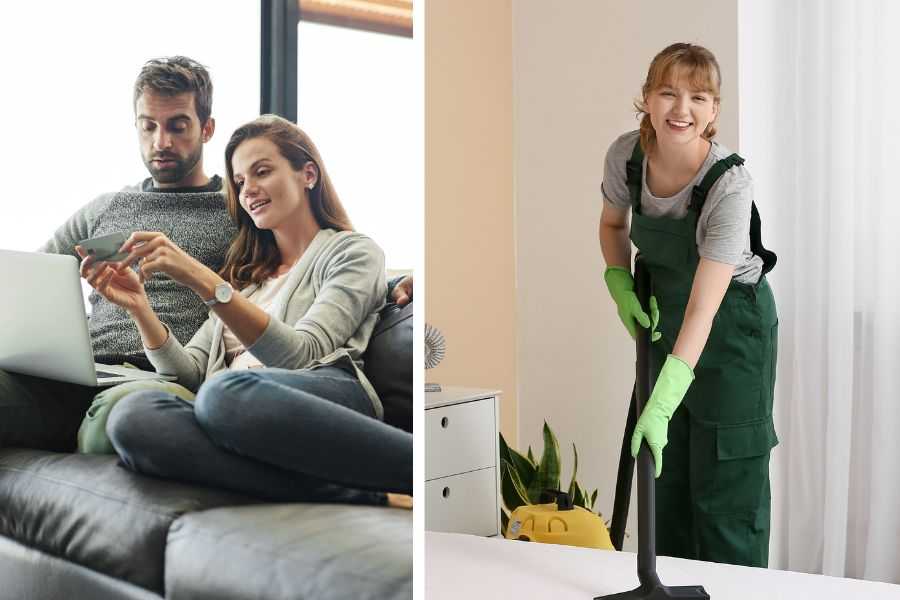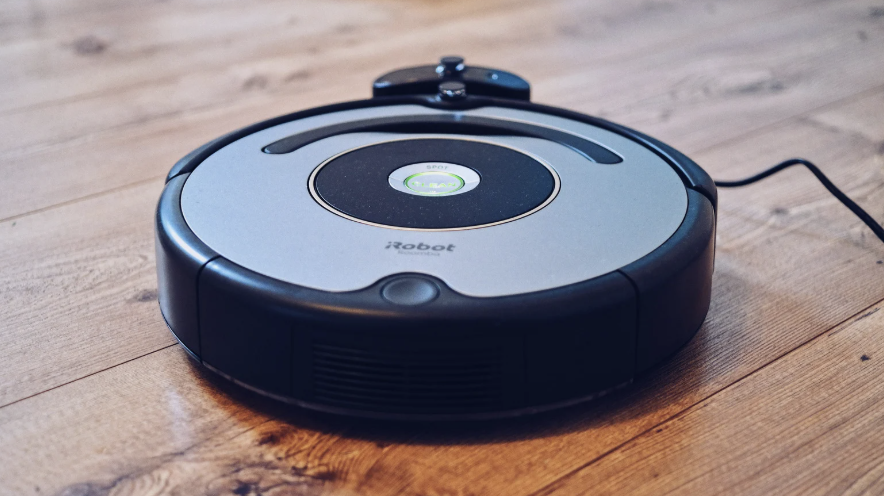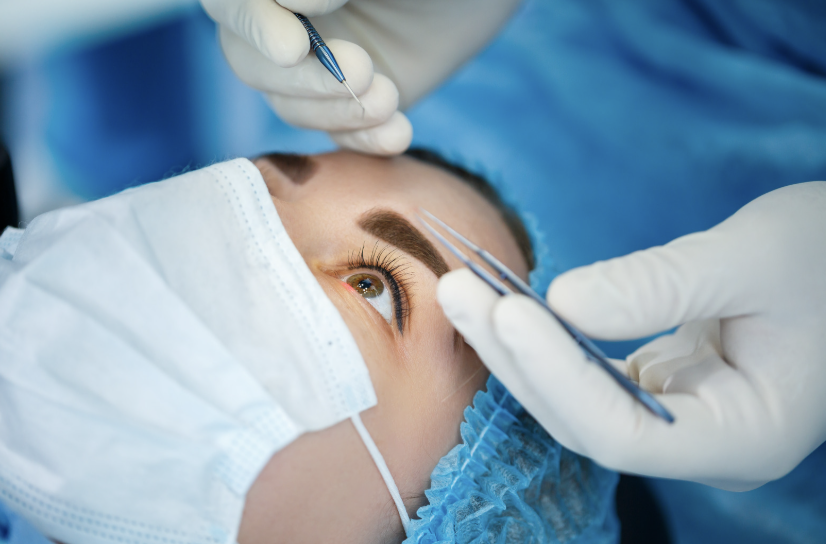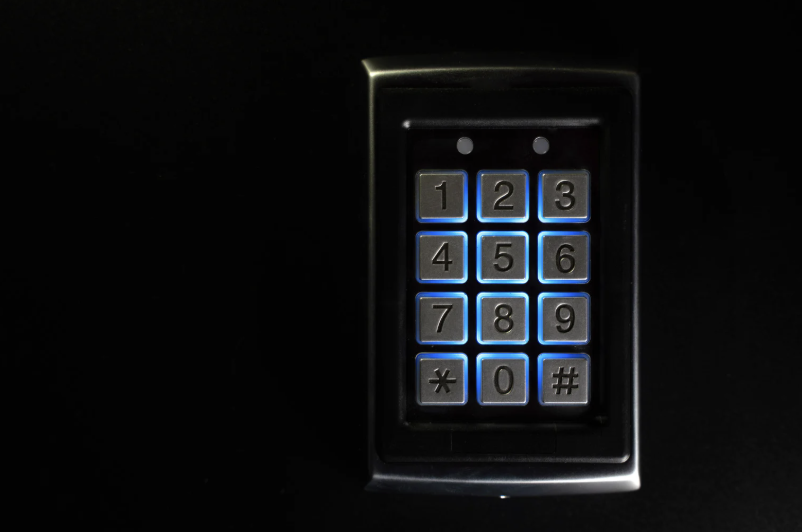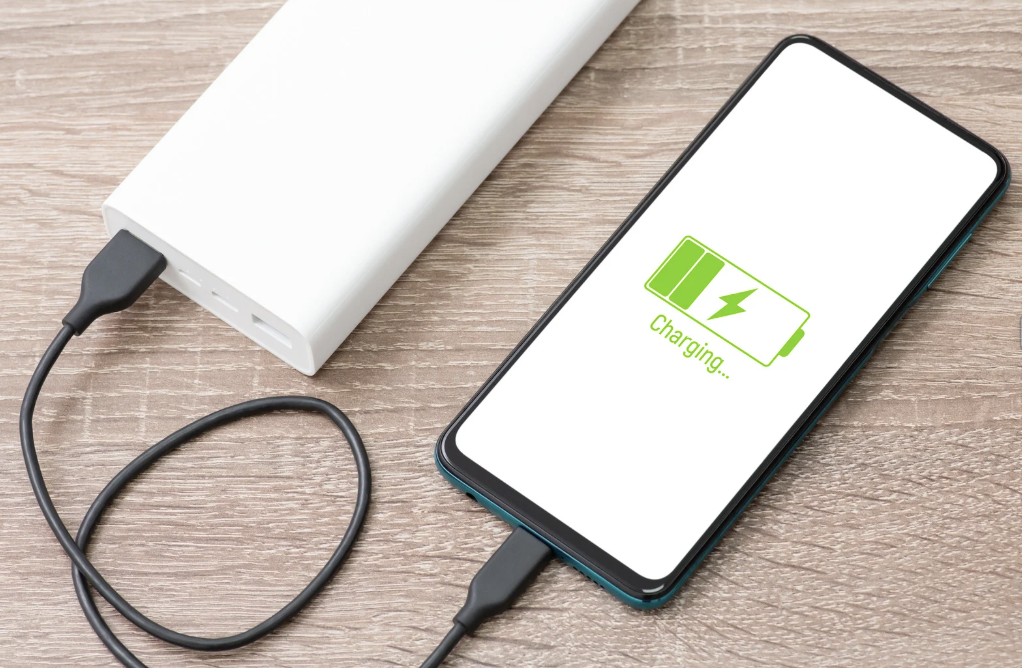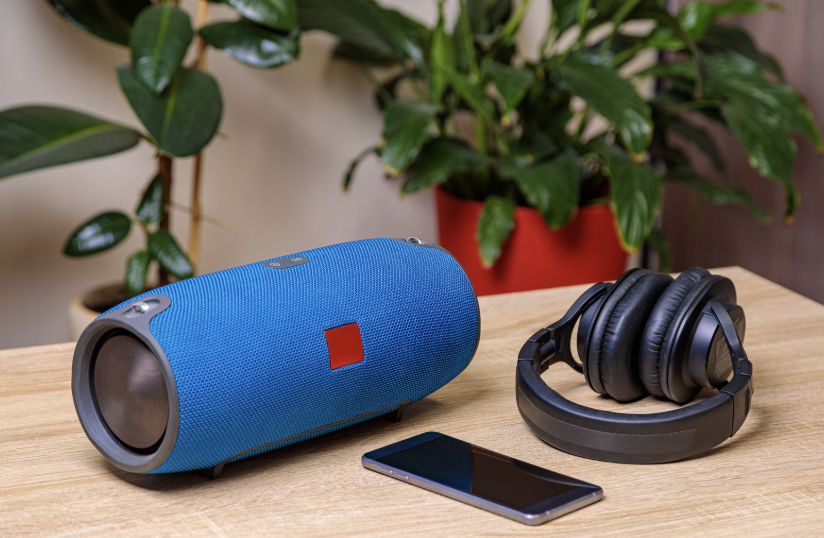Thinking about death is kind of a bummer. Nobody excitedly tells a friend that they’re dying or throws a will-writing party, though come to think of it, what a great way to organize your final wishes while blasting early 2000s club music and sipping on sangrias. Note to self: Plan will-writing brunch.
But seriously, thinking about death is uncomfortable and a little scary, so it’s understandable that it’s not on everyone’s “things to do today” list. Sadly, it’s part of life and, unsurprisingly, many people die with regrets. The regrets can range from not making the move to Colorado at 25 to turning down the sweet kid from math class that asked you to prom. Hospice and palliative care doctor Kathy Zhang cares for people at the end of their lives on a daily basis and she reveals the biggest regret that haunts patients on their deathbeds.
According to Dr. Zhang, this regret isn’t just felt by the dying patient, but also those close to them. She writes in her caption, “I didn’t think I would hear this end of life regret as often as I do: people wish they had taken more photos of themselves. People realize at the end of life that photos are snapshots of memories frozen in time, and that each one carries stories and emotions.”
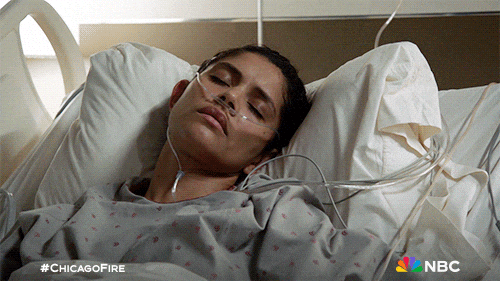
As technology developed into people owning a supercomputer that fits in their pockets and the palms of their hands, society’s views around picture taking has also shifted. On one hand you have people insisting that people simply “enjoy the moment” when they’re out with loved ones and stop photographing or recording everything. On the other, you get the instantaneous nature of photographs now.
When the only way to take photos was on film, you had to wait for the photos to be developed and hope that one of them looked kind of okay. Now that photos are instantly visible, people can see themselves essentially in real time so there’s plenty opportunities to scrutinize every possible angle of one’s face. These photos are also usually promptly uploaded to social media, which isn’t known for it’s benevolently kind nature. Gone are the days when someone would have to physically come to your home to rummage through photo albums and bins to see you in a bathing suit on your family vacation to the beach.

But the things that are lost along with the slow process of developing film are the memories captured with the people no longer walking the earth. Upworthy shared a photo of a woman who asked to be photoshopped to cover her arms and change the color of her shirt due to her own critiques of her body. Dr. Zhang read some of the comments highlighted by Upworthy from the post, and paused one that stood out to her the most.
“I have barely any pictures of me, for this exact reason. At 41, diagnosed with terminal cancer. Now I’m taking all the pictures, but the girls will really only have pictures of their dying mom, not their healthy one. I have few regrets but, not taking or sharing pictures because I was unhappy with my looks, is absolutely one,” the mom writes.
The regret around not having enough photos isn’t one that stays only with the dying person. It’s a regret that ripples out onto your loved ones who would give everything they could to have more pictures of the person they’re now missing.
Dr. Zhang then relays a story of a former patient, saying, “I had a patient once who was in her forties dying and her husband was showing me pictures. The[re] were a few pictures that he had of her a year prior on their vacation in the Caribbean. And she was on a catamaran and her hair was flying everywhere and she was gorgeous. She was stunning. And he said, ‘I always thought she was so beautiful and she never wanted to take pictures. What am I supposed to look at now that she’s gone?’ So please, take the pictures. The people who truly love you just want more of you, no matter what you look like.”
The sentiment Dr. Zhang expresses in the video is felt by those in the comments with one person writing, “I felt this. I hate my body and taking pictures. But when my dad died, I had no recent pictures of the two of us. Now, whenever someone asks for a picture of me or with me, I do it. If they love me as is, I can too.”
Another says, “Thank you for this. My wonderful Mom died of Alzheimer’s in 2013. I post tributes to her on her birthday, Mother’s Day & the anniversary of her passing each year. I include pictures of her especially so her grandkids who were babies when she was sick can get to see what a vibrant, joyful person she was. But… I have only a precious few pictures of her save for a few formal group shots. Because of this I now make a point to be in photos.”
One grieving daughter writes, “My Mom was beautiful. Dad took a portrait photography class & needed to take pictures. She hated having her picture taken, but let him. About 3 years after that – at 44 she died. I’ve always been grateful for those pictures. I always offer to let the photographer get in the picture & take pictures of them with their family & friends.”
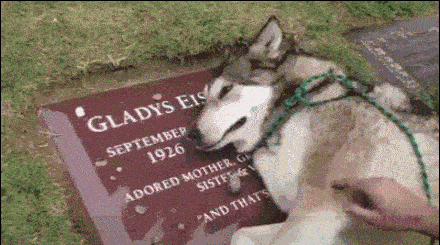
Someone else chimes in with gratitude, saying, “Thank you. I have never been a picture person, even as a child. I will do better. The pictures are not for.me but for my children and their children. Thank you.”
It may be uncomfortable at first to jump into taking more pictures, but the more you do it, the easier it will become. With selfie sticks, affordable tripods, and built-in photo timers, people can easily set up photos of themselves. So, if you’re worried about being on the other end of the camera, remember Dr. Zhang’s advice–take the pictures.

